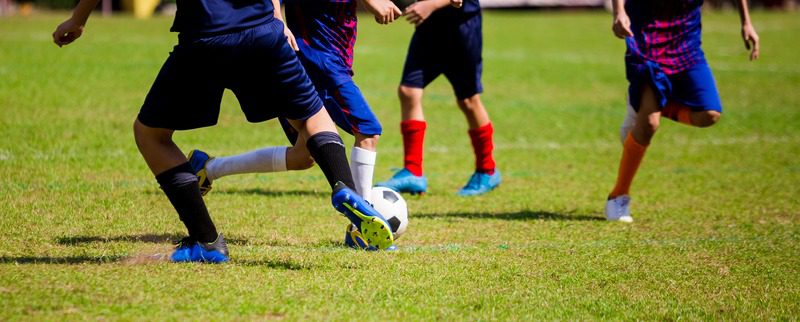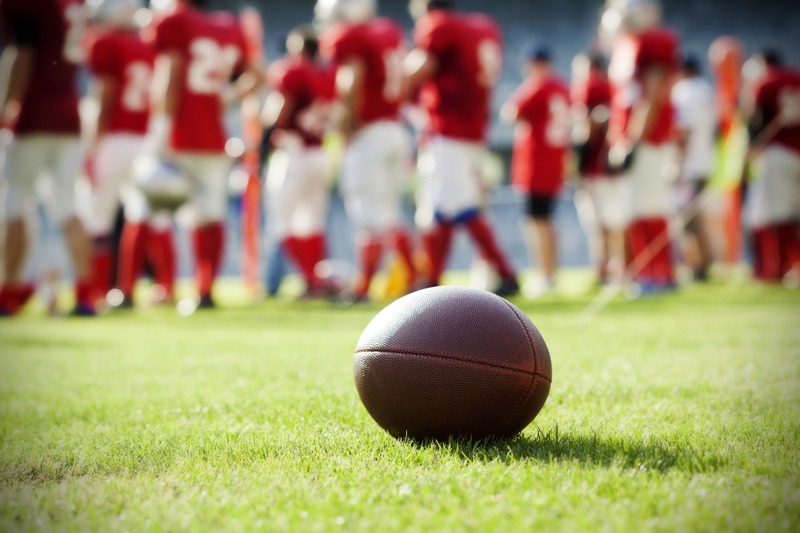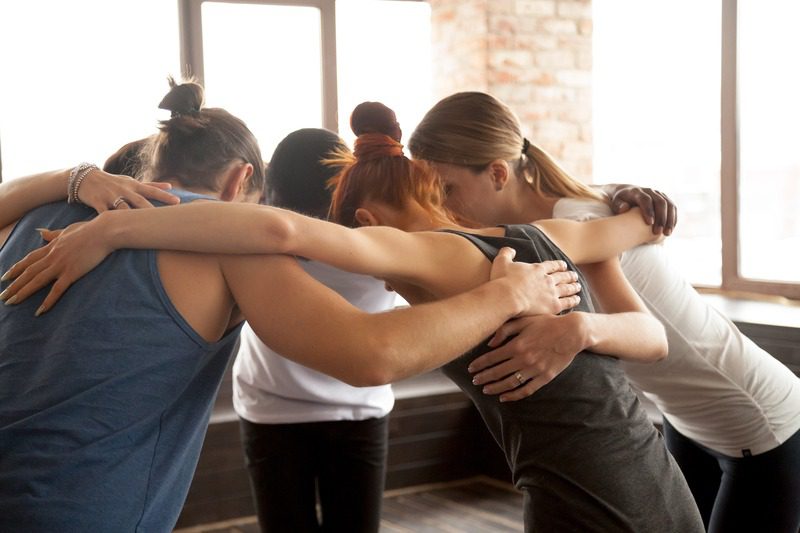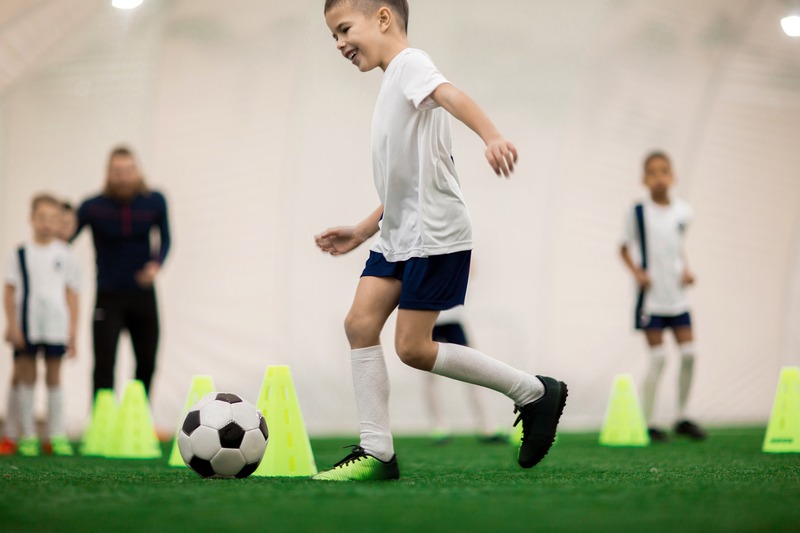Sleep For Young Athletes
RecoveryABOUT THE AUTHOR

Phil White
Phil White is the co-author of Waterman 2.0 (with Dr. Kelly Starrett), The 17 Hour Fast (with Dr. Frank Merritt), Unplugged (with Dr. Andy Galpin and Brian Mackenzie) and Game Changer (with Fergus Connolly). He writes for Train Heroic, HANAH, Momentous, XPT, Onnit, StrongFirst, TRX, McGregor FAST, and other leaders in human performance. In a previous life, Phil was nominated for a screenwriting Emmy. He lives with his wife and two sons in the mountains of Colorado. Connect with Phil at www.philwhitebooks.com
Want Your Young Athletes to Concentrate, Learn, and Stay Healthy? Sort out Their Sleep.
Previously in this youth sports series, we’ve looked at how coaches can nip bad sports parenting in the butt, improve players’ hydration, and enhance communication by tapping into different learning styles. As impactful as all these things can be, it’s arguable that they pale in comparison to the importance of young athletes getting good sleep.
Active folks of any age need plenty of shut eye, but this need is much greater for kids because they’re still growing physically and neurologically, and are acquiring lots of new skills while developing existing ones. Then there are the combined rigors of school (both the academic and social elements), hormonal changes, and sports practices and games.
As they’re expending energy in just about every possible way, it’s imperative that student-athletes get as much high quality sleep as possible. If not, they’re leaving learning potential on the table, increasing the risk of illness and injury, and contributing to emotional/psychological issues (see Matthew Walker’s book Why We Sleep for more info). And yet, the Centers for Disease Control and Prevention note that 57.8 percent of middle schoolers say they don’t get sufficient sleep, with 12 percent sleeping less than six hours a night. The picture looks even worse with high school students, 72.7 percent of whom report not getting enough Zzzs, with 20 percent slumbering for less than six hours.
We have a duty to do better by our young athletes. That’s why I hit up Dr. Chris Winter, who authored the brilliant book The Sleep Solution, is board certified in sleep medicine by both the American Board of Sleep Medicine and by the American Board of Internal Medicine, and helps everyone from pro sports organizations to youth teams improve their sleep strategies. He’s also a parent of active kids.
Chris was kind enough to lend his expertise to the following Q+A, while fittingly driving home after giving a lecture on sleep.
// Why isn’t sleep prioritized more in youth sports?


An individual can skimp on sleep and still get away with a lot. A child might be the worst sleeper on his or her team and yet still be the best performer because of their natural athleticism or skill level. This develops an attitude of, “I’m playing well, so why would I need more sleep?” A coach can answer that question responsibly by saying something like, “Yes, but imagine how much better you’d be if you were sleeping well.”
// If such an athlete did start getting more premium sleep, what benefits could they, their coaches, and their teammates expect to see?
Someone who’s consistently getting adequate sleep concentrates more intently, has greater mood stability, and gets better at the split-second decision-making that is often the difference between losing and winning. They also become less risk-averse in a good way, so they’re willing to try out new things in practice and be more improvisational in competition.
On the flipside, if a young athlete is getting bad sleep night in and night out, they’re going to make crucial mistakes, take longer to recover from sickness and injury, and have trouble paying attention.
// What’s the biggest mistake that coaches make with sleep?
Other than ignoring the issue completely, I’d have to say thinking that one size fits all.
As adults we’re used to hearing that we need eight hours a night, and experts on kids’ sleep can give similar recommendations. While these might be useful baselines to start from, there is no one-size-fits-all prescription because everyone’s physiology is different.
It’s also tempting to look at pro athletes and try to model ourselves after them. So if a coach or parent sees an article or Instagram post about LeBron James sleeping 10 hours a night, they might think their athletes or child should be sleeping for that long. But the kid might not be genetically capable of doing that. It’s better to find out what works for the individual.


// What’s a sleep no-no for parents?
Making bedtime a stressful experience. Sleep should feel natural and safe, and if your mom or dad issues threats like, “If I come in at nine o’clock and you’re not asleep, you lose your phone for a week,” that creates a pressured situation. Children have more than enough stressors already without creating another one around sleep.
It shouldn’t become a competition. If your child has to swim under 58 seconds to make nationals tomorrow, they shouldn’t also have to worry about falling asleep within 10 minutes, so you don’t yell at or discipline them. This doesn’t mean they should be allowed to stay up all night playing video games, but just that they shouldn’t start to associate going to bed with feeling pressured or judged.
// So if that’s the wrong way for a youth sports parent to approach sleep, what’s a better alternative?


We’re all creatures of habit, so you can help your child find comfort in a certain nighttime routine or ritual. You might feed a baby, burp them, bathe them, read them a story, put them into bed, and then rub their back or tummy. While an older kid’s ritual might not need to be quite as rigid, there’s still something to be said for consistency and knowing what to expect in the evening. This can lead to better quality sleep.
I’d advise keeping the hour before bedtime free of electronics and installing some dimmer switches so that they aren’t affected by bright lights. They should also be sleeping in a cool, dark room. You could buy a Nest or other smart thermostat and start ramping down the temperature gradually until it’s in the mid-sixties by the time they lie down.
My kids both have a ChiliPad on their bed, which helps keep their sleeping surface cool at night. If they forget to use it, I can tell because their beds are a mess in the morning, with pillows on the floor and the sheets all twisted up.
Reading a book – on paper, not with a tablet – can be very relaxing. Then allow a little more time than you usually might for your child to lie down in bed and just relax. You want them to become a confident sleeper. Also be aware that changes in schedule can alter your kid’s sleep needs. This could be the switch from the competitive season to the off-season, or going back to school after summer or Christmas break. Help your child find out how much sleep they need in each situation, and then create the conditions for them to get it.
// What’s something coaches can do to help nudge their athletes’ sleep habits in the right direction?
Sometimes the best starting point is just asking a couple of simple questions. The first could be, “Which of you has trouble staying awake in class?” If Johnny raises his hand, you could ask him to stay after practice for a few minutes. Then you can ask a follow-up question like, “Do you feel like you’re getting enough sleep at night?” If he answers, “No,” then you can provide him and his parents with a few of the tips I already mentioned about creating a better evening routine.
It will also help you to read up on sleep a bit. The more you know, the more you’ll be able to share.
// What’s your take on whether young athletes should eat at night or not?
There are some who say you shouldn’t snack after dinner time because it can disrupt sleep. That may be true for some people, but young athletes are growing and burning a lot of calories playing their sport. If they feel like they need extra food before bed, then let them have it.
Just make sure it doesn’t include sugary snacks or caffeine. Better choices would be foods that promote good sleep, like oatmeal, salmon jerky, hummus, and a mug of chamomile tea with valerian root. My son’s a swimmer so he eats at night – it’s just not junk food.


Are you a better coach after reading this?
More coaches and athletes than ever are reading the TrainHeroic blog, and it’s our mission to support them with useful training & coaching content. If you found this article useful, please take a moment to share it on social media, engage with the author, and link to this article on your own blog or any forums you post on.
Be Your Best,
TrainHeroic Content Team
HEROIC SOCIAL
HEROIC SOCIAL
TRAINING LAB
Access the latest articles, reviews, and case studies from the top strength and conditioning minds in the TH Training Lab

